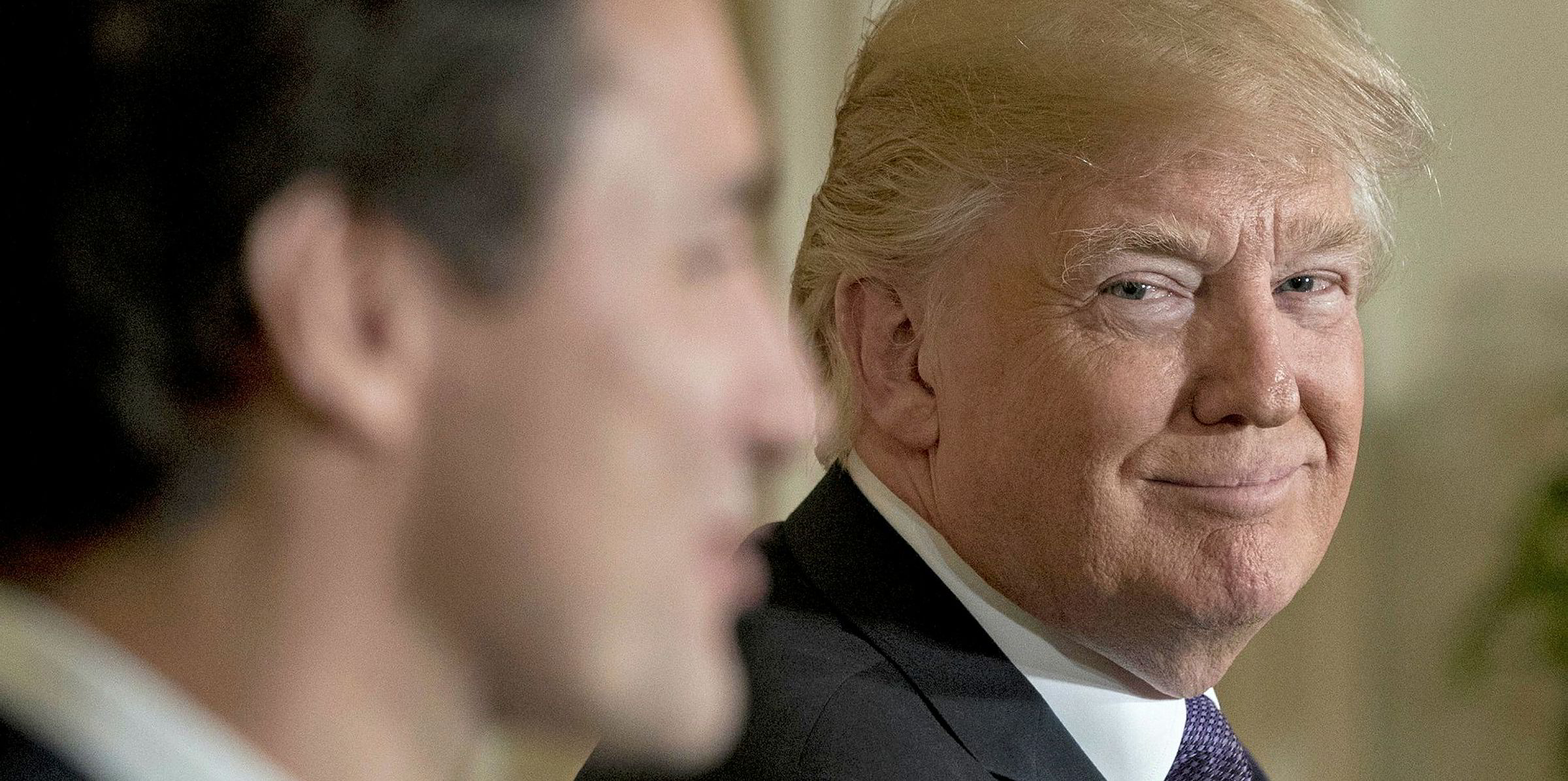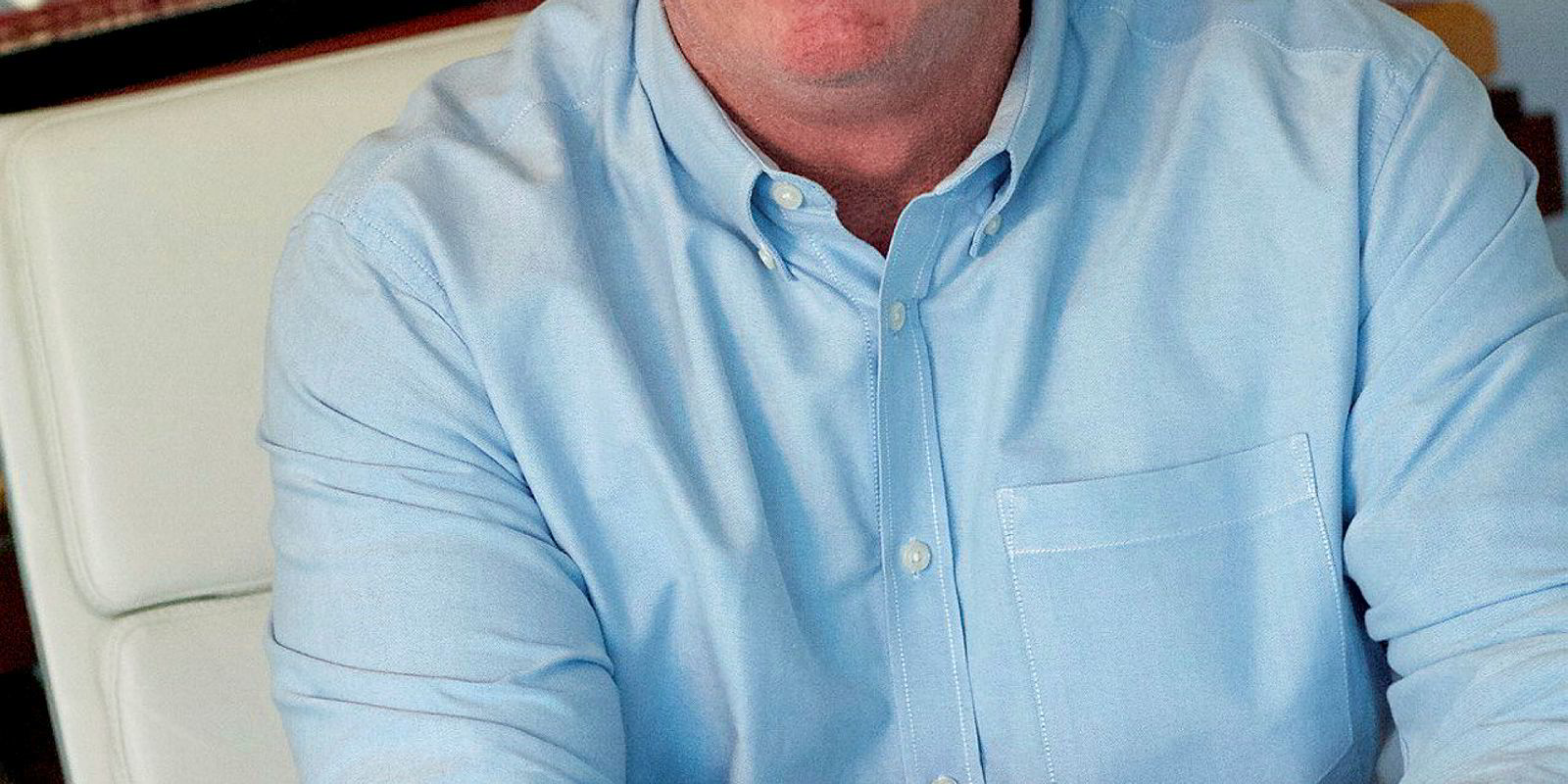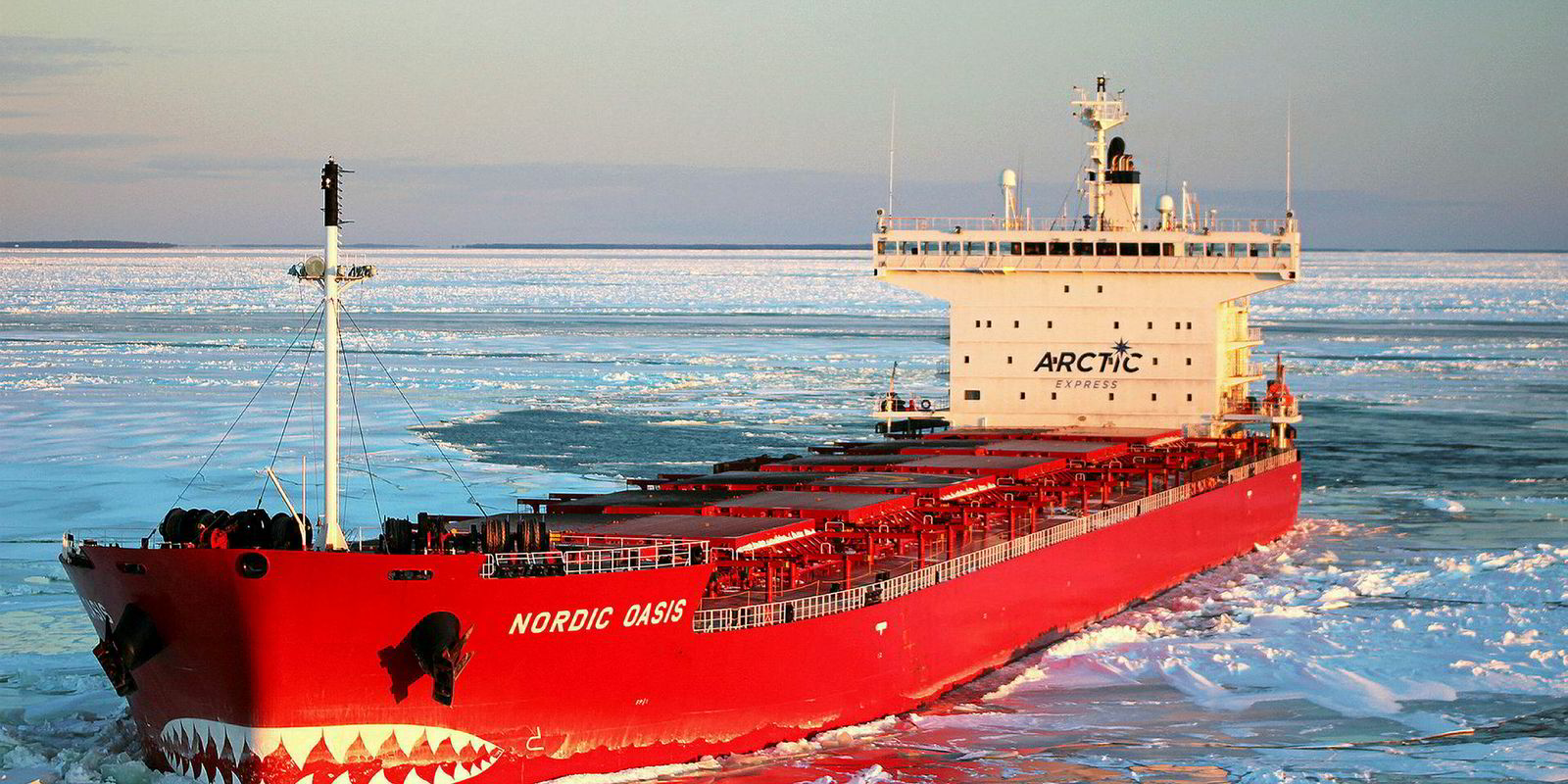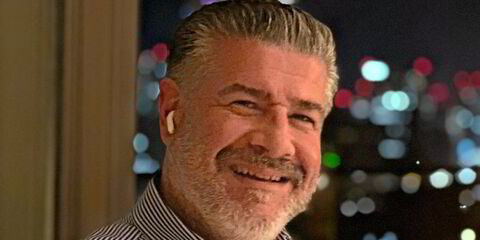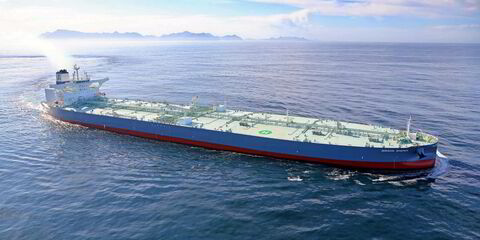Any benefit of US tariffs and sanctions placed on imports of foreign aluminium remain unclear for the business of US niche dry cargo carrier Pangaea Logistics Solutions.
But if Pangaea chief executive Ed Coll was non-committal on that point during an investor call this week, he was stronger in his view that such penalties will do little for a US aluminium industry that already has seen its best days.
“We’re deeply in the aluminium business, but the efforts the US government has made to protect [US producers] are a day late and a dollar short,” Coll said in response to a question on the call, which was conducted by Florida-based investment bank Noble Capital Markets.
“There are only a few smelters left in the US and most of our aluminium we get from Canada.”
However, Coll did say any disruption could “present opportunities for us in certain areas”.
So what are the opportunities?
The bulker operator, which is based in Newport, Rhode Island, has a significant business exporting bauxite — the chief ore in aluminium production — from Jamaica to Noranda in the US.
On that basis, Pangaea could stand to benefit from increased US production owing to the 10% tariff slapped on Canadian aluminium earlier this summer, as well as US sanctions aimed at Russia’s Rusal, the world’s second-largest aluminium producer.
Noble equity analyst Poe Fratt told TradeWinds he can see Pangaea benefiting from the relationship as Jamaican cargoes are not subject to tariff risk.
In an interview with TradeWinds this week, Coll did not want to go into detail as to what might evolve in the Jamaican trade. He did say more generally that “with a shortage of aluminum worldwide and the market disruptions, there are opportunities there”.
Questionable US outlook
However, Coll believes that the outlook for greater US production remains questionable.
“As to what the US government is trying to do, the horse is really out of the barn — it has been for a long time,” Coll says.
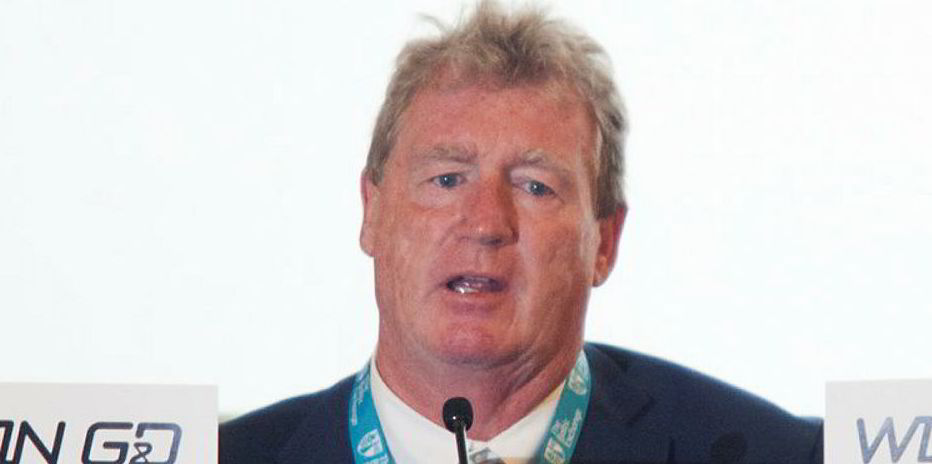
“They’re trying to bring the production back, but most of our aluminum comes from Canada and now we’re messing with Canada. You don’t know what the next thing is that the [US] government is going to come out with, but I don’t think this has been well thought out.”
As if to underscore Coll’s point, Alcoa, the largest US-based aluminum producer, asked the administration of US President Donald Trump in August for an exemption from the tariffs.
Its reason: the company imports much of its aluminium from its facilities in Canada, which would be subject to the 10% tariff.
Dearth of domestic supplies
Alcoa said it cannot get the type of aluminium it needs in sufficient quantities from its own facilities in the US or from other domestic producers.
“People like Alcoa are international companies — they’re flexible and they’ll go where they need to go to make their business work,” Coll says. “I think Trump is dumbing things down when he talks about the US producers.”
US production of primary aluminium fell by more than 50% between 2015 and 2017.
It ranked 12th in world production in 2017, behind countries including Bahrain and Iceland.
